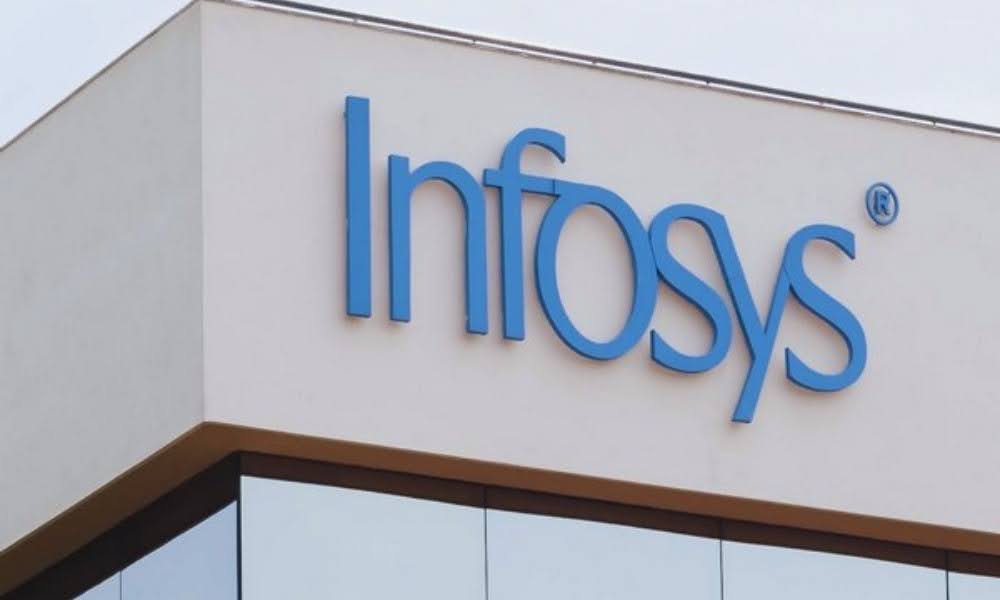Paytm CEO Vijay Shekhar Sharma Surrenders ₹1,800 Crore Stock Options Amid SEBI Scrutiny

Paytm’s founder and CEO, Vijay Shekhar Sharma, has voluntarily given up 2.1 crore employee stock options (ESOPs) valued at over ₹1,800 crore.
The move, announced on April 16, comes just months after the Securities and Exchange Board of India (SEBI) issued show-cause notices concerning violations related to the grant of share-based employee benefits.
Immediate Forfeiture of ESOPs
In a regulatory filing, Paytm stated: “Vijay Shekhar Sharma, Chairman, Managing Director and Chief Executive Officer of the company vide letter dated April 16, 2025, has informed the company that he has voluntarily forgone all 2,10,00,000 ESOPs granted to him under One 97 Employees Stock Option Scheme, 2019, with immediate effect.”
These options were originally granted to Sharma during the public listing of One97 Communications, which owns the Paytm brand.
The filing noted that a portion of the unvested ESOPs have been cancelled, while the remaining options have been returned to the company’s ESOP pool under the same scheme.
Financial Implications for the Company
The forfeiture will lead to a one-time, non-cash expense of ₹492 crore in the fourth quarter of FY25. However, this will also result in a corresponding reduction in ESOP expenses in future years.
The surrendered ESOPs are valued at ₹1,815.45 crore based on Paytm’s share closing price of ₹864.5 on the day of the announcement.
Paytm has confirmed that it will provide further details on the ESOP cost schedule when it declares its Q4 FY25 financial results.
SEBI Show-Cause Notices and Regulatory Concerns
SEBI issued a show-cause notice to Paytm in August 2024, questioning the grant of ESOPs to Sharma and citing violations of rules governing share-based employee benefits.
As per SEBI regulations, large shareholders who can significantly influence company decisions are not eligible to receive ESOPs.
Sharma’s shareholding in Paytm stood at 14.7% a year before the company’s IPO in 2021.
To become eligible for ESOP grants, he reduced his stake to 9.1% by transferring approximately 30.97 million shares to Axis Trustee Services, which managed the shares on behalf of his family trust.
SEBI also issued notices to Sharma and other board members involved during the IPO process over alleged misrepresentation of facts related to the ESOP grant.
Board Oversight and Internal Actions
The surrender of ESOPs was disclosed following a meeting of the company’s Nomination and Remuneration Committee held on April 16, 2025.
The committee acknowledged Sharma’s decision to relinquish the ESOPs granted to him under the 2019 scheme.
The company emphasized that the expense related to the surrendered stock options is a notional, non-cash entry made as per accounting standards and will not affect its cash flow.
Ongoing Revisions to ESOP Policy
In response to regulatory developments, Paytm has recently overhauled its ESOP policies. In March, the fintech firm amended its ESOP scheme by linking the vesting of options to employees’ annual performance ratings, as determined in the latest appraisal cycle.
Additionally, Paytm has expanded its ESOP pool and has allotted stock options to eligible employees at least twice over the last six months.
These revisions are part of the company’s efforts to enhance employee incentives while remaining compliant with regulatory guidelines.
Background on the Original Grant
The ESOPs granted to Sharma were part of a package offered during Paytm’s IPO in 2021. His decision to reduce personal shareholding was made to meet eligibility criteria for ESOPs under regulatory rules.
The options, now returned to the company, will be reabsorbed into the existing ESOP pool and could be allocated to other eligible employees in the future.
Investor and Regulatory Attention
The voluntary forfeiture of such a significant number of stock options by a high-profile founder has drawn attention from investors and regulators alike.
It highlights the impact of SEBI’s growing scrutiny over governance practices in listed companies and the compliance standards expected from senior executives.
As Paytm prepares to report its fourth-quarter earnings, the financial and strategic implications of Sharma’s decision will be closely watched by the market.







